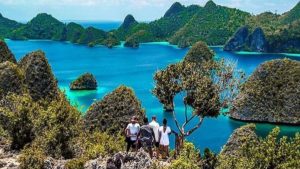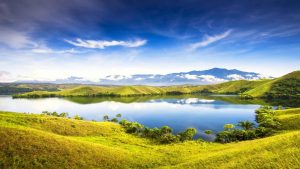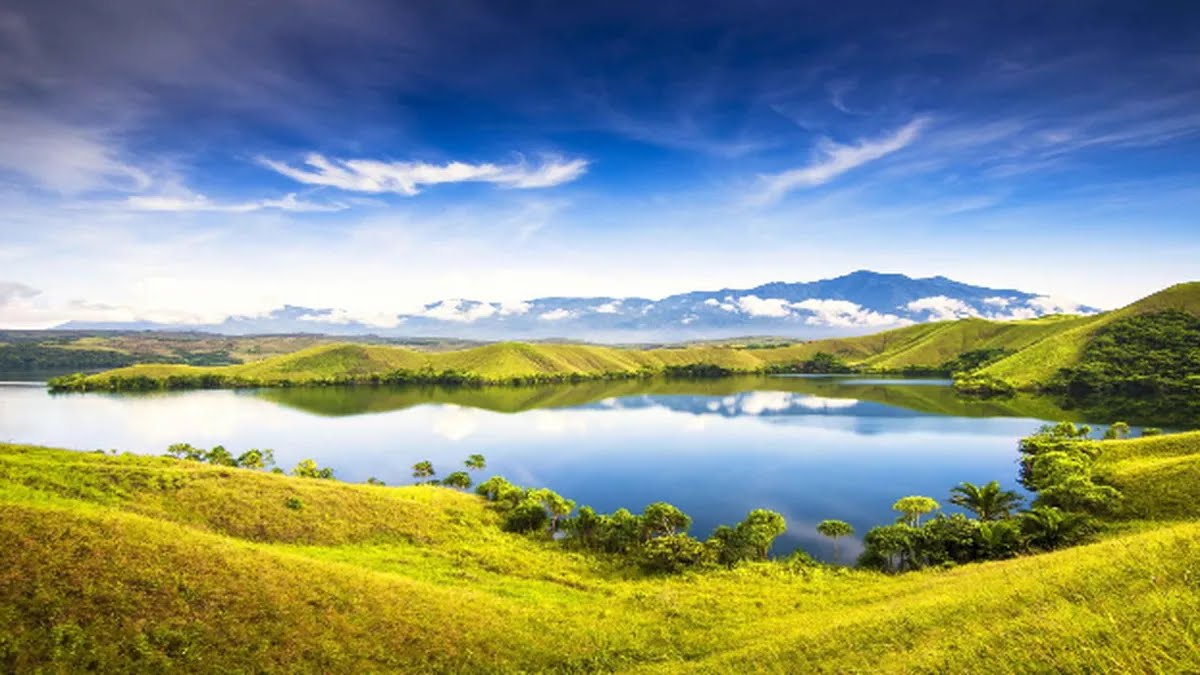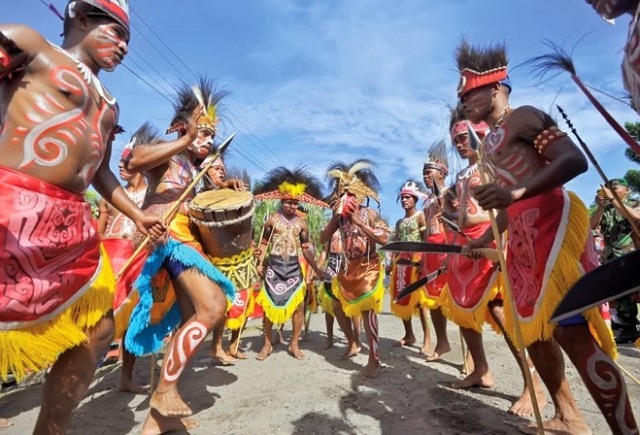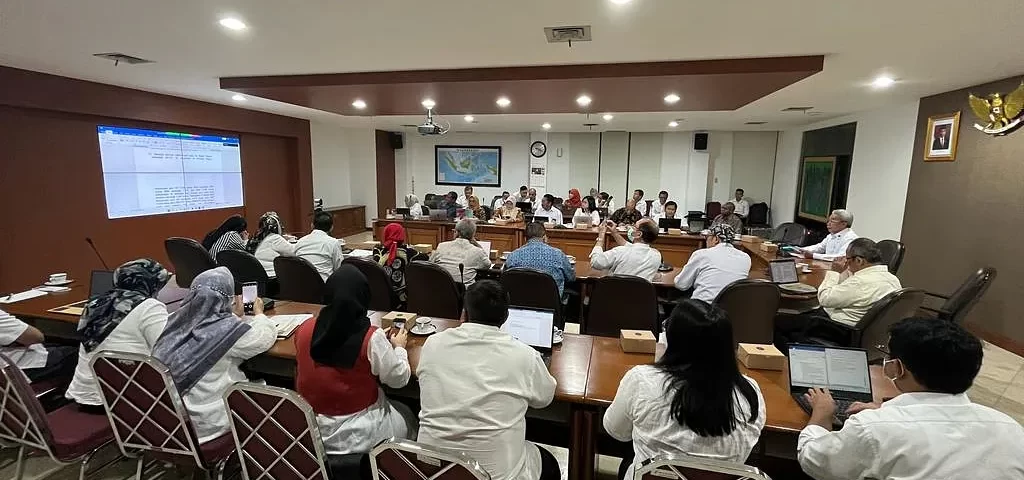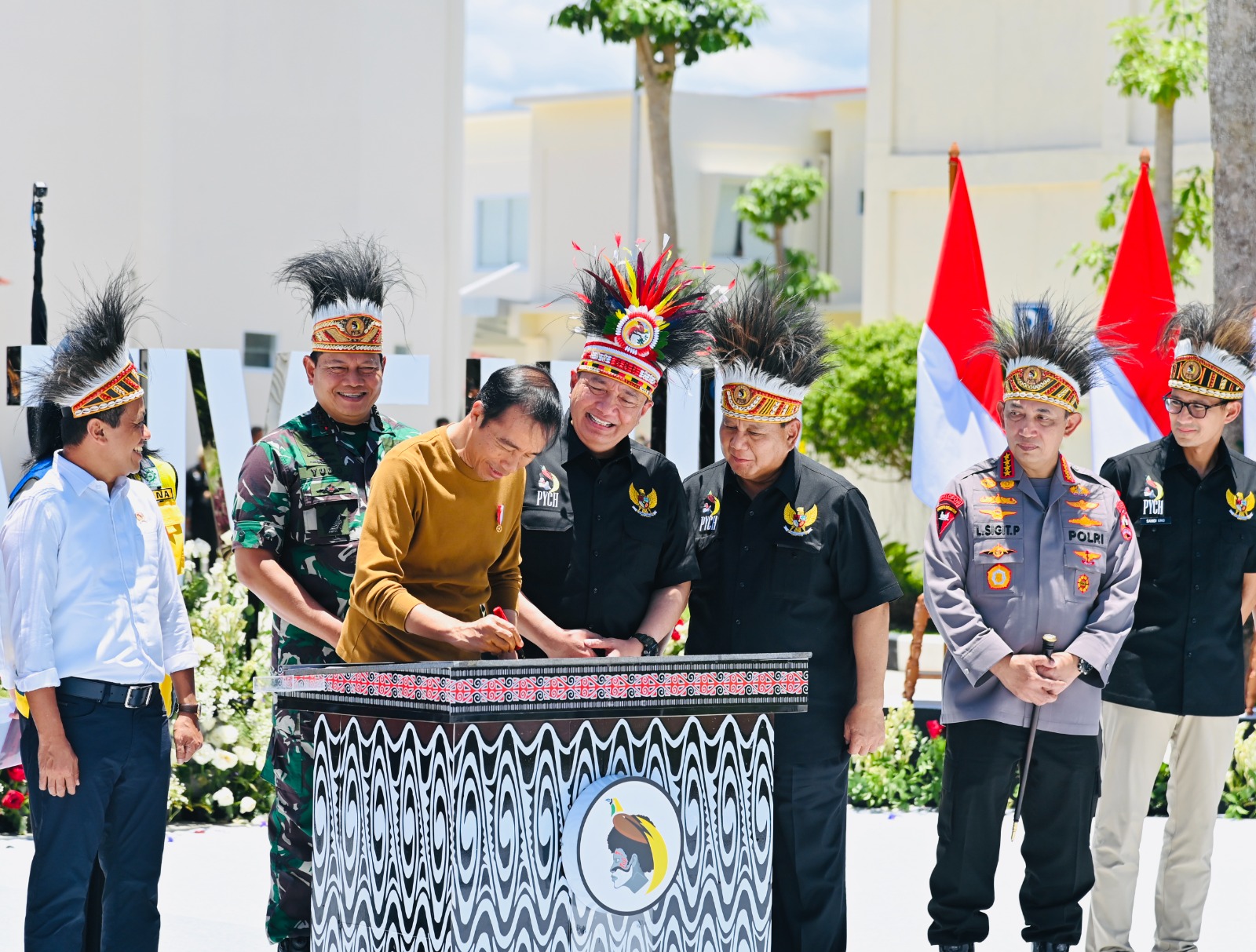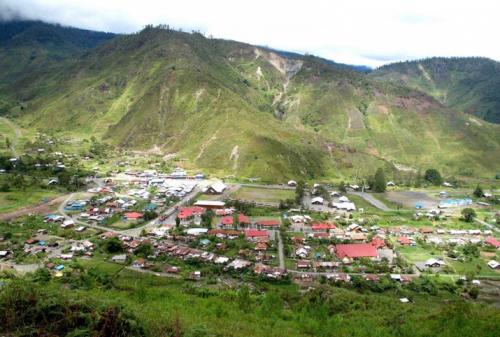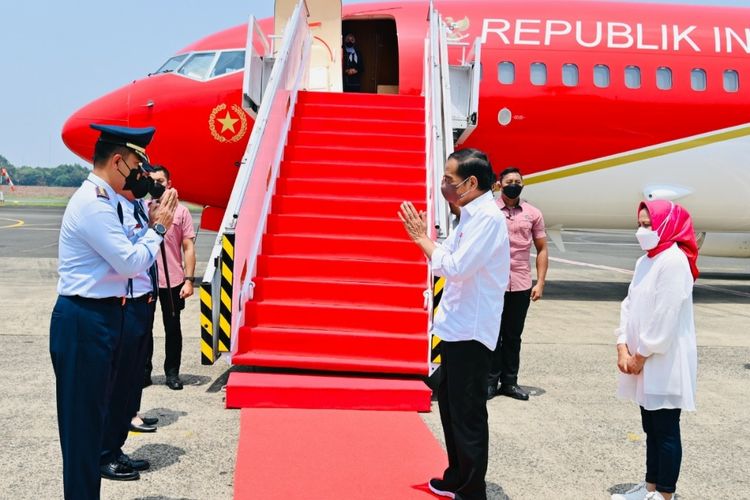
Joko Widodo (Jokowi) has visited Papua eight times since he becomes the President of Republic Indonesia. It shows the commitment of the government of Indonesia to develop Papua, the easternmost region of the country. Not only the president, the Deputy V of the Head of Presidential Staff, Jaleswari Pramodhawardani, also expressed his strong commitment to developing Papua through a one-day seminar in Jakarta, bringing the idea ‘Papua in The Spotlight: The Holistic Approach for Papua’ on Dec. 28, 2017.
According to Pramodhawardani, Jokowi has sent out an instruction to the 25 ministers under his government to speed up the social development in Papua and West Papua province. In order to reach the goals, every Minister has their own tasks in order to put the commitment into action.
The Minister of National Development Planning has been assigned to synergy the collation of Papua and West Papua development movement. His role includes deciding the Annual Action Plan of the Acceleration Program of Prosperity Development in Papua and West Papua until 2019, whereas the budget for this program coming from among others the ministry expenditure and village budget.
The Finance Minister has been assigned to find the unit cost of the ministry expenditure to accelerate the prosperity development in Papua. While the Minister of Communication and Informatics received a mandate to accelerate the equipping of communication and information technology infrastructure network to support the remote health service and digital base education service, also others public service for the people of Papua and West Papua.
Furthermore, the Minister of Social Affairs was instructed to ensure the effectiveness of policy implementation related to society social security and Program Keluarga Harapan. President Joko Widodo has also emphasized that the development in Papua is not only about infrastructure but also focusing on the development of its people.
Jokowi’s Regulation Approaches
The first approach is to accommodate the development approaches in Papua and West Papua based on their customs which are Saereri, Mee Pago, Anim-ha, Mamta and Laa Pago into the National Middle-term Development Plan (RPJMN) 2015-2019. The customary region approaches itself come from the suggestion of Papua’s Governor, Lukas Enembe.
The five customs should be translated by the President’s executives into some technical aspects such as regional and sector policy, this approach pattern of each program and project pattern of each program and project in Papua as well as the budget for Papua. The budget will accommodate the needs and characteristics of each customs in Papua.
The second approach is to create the cluster approach based on the accessibility of each region in Papua. Today, the Government has determined some industrial and economic development cluster regions in Papua such as Nintuni Industrial region, Timika Industrial Region, Merauke Food Centre Region, Special Economic Region of Sorong (KEK Sorong).
The third approaches is to re-negotiate the demands regarding PT. Freeport Work Contact (KK). Freeport Indonesia agreed to have share divestment-about 51% for the Government of Indonesia. Freeport is also committed to building a smelter, a facility for processing and purifying the minerals in the next five years.
Furthermore, Freeport agreed to change the Work Contract into Special Mining Business Permit (IUPK) which can be rewarded every six months. Freeport Indonesia also agreed to maintain better country income for Indonesia compared to the Work Contract era.
The forth approach is focusing on the health sector, education, local economic development, basic infrastructure, digital infrastructure and its connectivity. The development is aimed to reach the villages in border region, remote villages mostly in the hilly and outskirt regions.
The fifth approach is to support Papua as the host of National Sports Week (PON) 2020. For Jokowi, Papua is not only about another region in the country but part of the nation. The approaches Jokowi took is how Indonesia as country fulfil its duty to give social justice and prosperity to its people across the nation.





